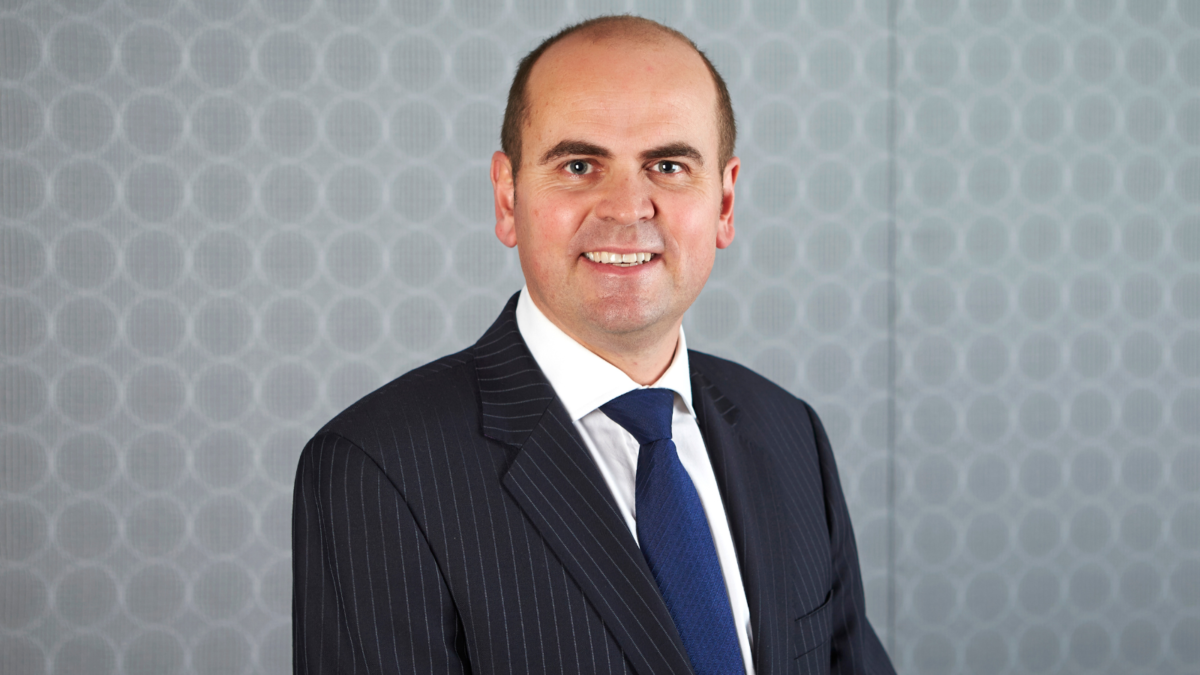UniSuper targets ‘unique opportunities’ in property, weighs affordable housing
UniSuper has partnered with the University of New South Wales, ISPT, and HESTA to construct a $600 million Health Translation Hub adjacent to the university grounds in Sydney. According to UniSuper CIO John Pearce, the investment is targeting “significant sustainable objectives” and will “pay dividends in research outcomes for many years”.
“It’s a quality investment and a quality partnership,” says Kent Robbins, head of property at UniSuper. (photo at top) “We’re trying to build out – as most super funds are – more quality unlisted investments, and scouring the domestic market. We invested in the Victorian Comprehensive Cancer Centre five years ago alongside Plenary Group, and that’s been an outstanding investment, and the Health Translation Hub has similar characteristics.”
The building was co-designed by UNSW and Plenary Group, with 65 per cent of the building pre-leased to the university. While there’s no shortage of assets in the domestic market, but UniSuper is “looking for more unique opportunities”.
“We invested in Pacific Fair up on the Gold Coast and Macquarie Shopping Centre in Sydney last year, alongside Cbus Property, but those sorts of transactions don’t come along frequently,” Robbins says. “There’s plenty of assets to buy but from our point of view as a long-term investor we’re really talking strategic investments. We want to acquire assets that will fit the members’ needs for decades, not just reporting season or earnings for next year. So we’ve got a pretty tight criteria on what we’ll seek to acquire.”
UniSuper has no set targets for its unlisted assets allocation but “plenty of dry powder” to deploy, and the education and health sector is becoming increasingly appealing for the fund and the industry at large. The Health Translation Hub fits into UniSuper’s view of modern working arrangements and has an ongoing commitment from users to occupy it when the future of the commercial office space is shaky.
UniSuper is also a signatory to the Albanese Government’s Affordable Housing Accord, announced in the October Budget. While the details of the accord are yet to be hammered out, Robbins says “it’s long overdue to have the discussion”.
“We are keen to engage with all the industry participants, and there’s a lot of people that need to be involved. I’m optimistic but I also think there’s a lot of work to done – and ultimately, we’re fiduciaries. It’s got to be in our members’ best financial interests, but I’m really comforted by all the people around the table. They’ve got that same obligation.”
One hurdle to the Affordable Housing Accord is Your Future Your Super. The main property benchmark doesn’t have much in the way of affordable housing investments, potentially introducing an unhealthy amount of tracking error (debt funding for projects would be a different story).
“It has been brought up and it has been talked about,” Robbins says. “I think structurally there is benchmark risk in taking that position, so it is a consideration. We do take benchmark risk every day, obviously – we can’t just replicate that index. But if you own an office building you feel it’s similar to the office index; this is different. It has been discussed and it’s not just social housing – it’s the health sector, build-to-rent, all these non-traditional assets have benchmark risk.”











